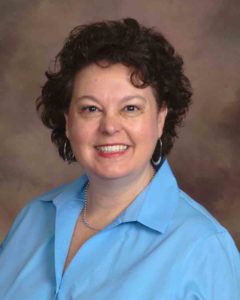Welcome Melissa Patrick – our 2016 Media Fellow
 We’re so happy to welcome Melissa Patrick, a reporter with Kentucky Health News, as the Center for Health, Media & Policy’s 2016-2017 Nursing and Health Care Workforce Media Fellow!
We’re so happy to welcome Melissa Patrick, a reporter with Kentucky Health News, as the Center for Health, Media & Policy’s 2016-2017 Nursing and Health Care Workforce Media Fellow!
The eight-month program is designed to aid an early-career health journalist improve understanding and coverage of healthcare workforce issues. A key focus of Patrick’s reporting will include issues in rural health that affect existing and new roles of nurses and other health care providers within the evolving healthcare delivery system.
Patrick will produce both long and short-form print and multimedia projects for Kentucky Health News; the stories will be subsequently republished on the HealthCetera blog. New America Media, the country’s first and largest national collaboration and advocate of 3,000 ethnic news organizations, is partnering with the HealthCetera to distribute Patrick’s work to a national and international audience.
“We’re thrilled to welcome Melissa as this year’s Media Fellow. She is strongly committed to raising awareness about the role of nurses and other health care workers in the current and future health care system” said Center for Health, Media & Policy co-founder Diana Mason, PhD, RN, FAAN. “This fellowship provides an opportunity to work with some of the top health journalists and nursing workforce experts, hone reporting and production skills, engage in cross-platform reporting, and contribute to the national conversation about health care delivery challenges in the years ahead.”
Patrick’s main project will take a multi-part look into a shortage of school nurses throughout the state, a shortage of nurses to serve rural areas, the role of Advance Practice nurses in meeting some of Kentucky’s health needs and state policy issues impacting nurses.
This media fellowship is an extension of the Center’s mission, designed to increase awareness and encourage debate of critical health and policy issues. The fellowship is supported by a grant from the Johnson & Johnson Foundation.
We’re so happy to welcome Melissa Patrick, a




